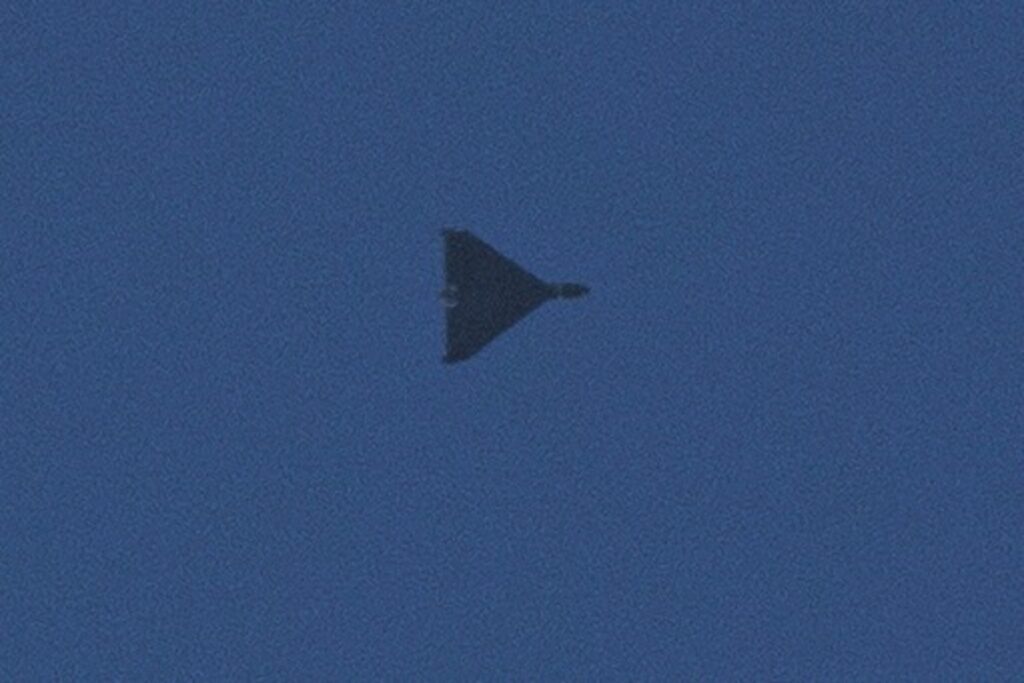
Introduction
In recent weeks, NATO has expressed increasing concern regarding the use of Russian drones within the vicinity of Poland’s borders. This situation underscores the broader security challenges faced by NATO member states in Eastern Europe, particularly as tensions between Russia and NATO continue to escalate. The implications of these drone activities extend beyond local security, affecting geopolitical stability across the region.
Details and Context
The concerns about Russian drones in Poland come amid reports of surveillance and reconnaissance missions being conducted in areas bordering NATO countries. As part of its commitment to collective defense, NATO has remained vigilant in monitoring these activities. The Polish government has also raised alarms, citing unconfirmed sightings of drones believed to be operated by Russian forces in the vicinity.
According to Polish defense officials, these drone incursions appear to be part of a broader strategy by Russia to exert influence and test the responses of neighboring NATO nations. In particular, the Polish Ministry of Defense stated that it has been monitoring the situation closely, noting an uptick in drone flights that could potentially serve reconnaissance roles or gather intelligence on troop movements.
NATO has responded by bolstering its air patrols and increasing surveillance activities across Eastern Europe. Joint exercises involving aerial operations have become more frequent, demonstrating NATO’s readiness to respond to any potential threats. Experts suggest that these maneuvers aim not only to prepare NATO forces for possible direct confrontations but also to send a clear message to Moscow regarding NATO’s united front against aggression.
Conclusion
The situation surrounding Russian drones in Poland is a reflection of the broader geopolitical tensions in the region. Analysts predict that as long as these tensions persist, incidents involving drone activities will likely increase. The ongoing monitoring and response measures taken by NATO underscore the alliance’s commitment to the security of its member states. For residents and policymakers alike, staying informed about these developments is critical, as they possess far-reaching implications for regional stability and international relations. The current climate serves as a reminder of the need for diplomatic efforts to de-escalate tensions while maintaining a firm posture to safeguard national security.



